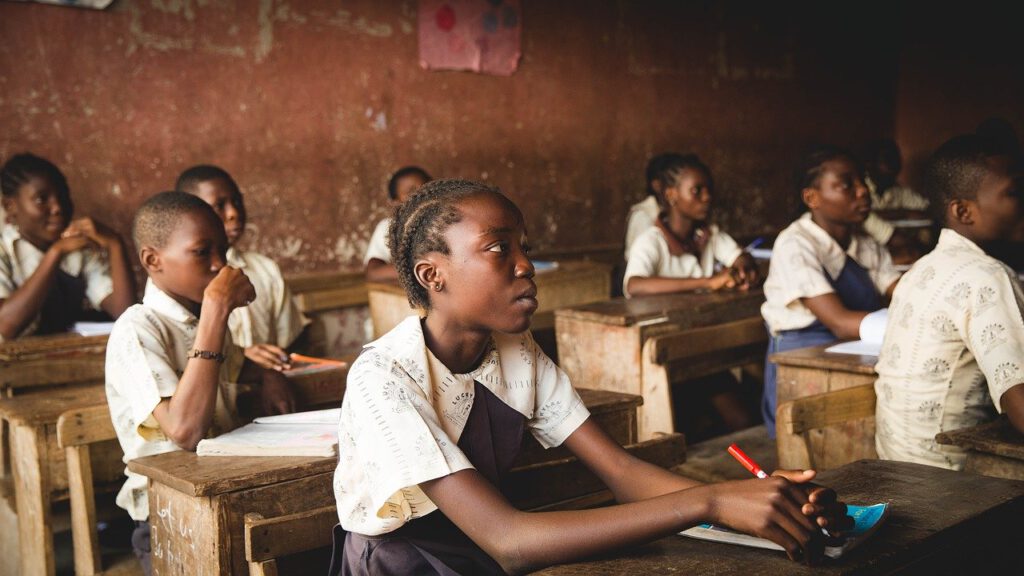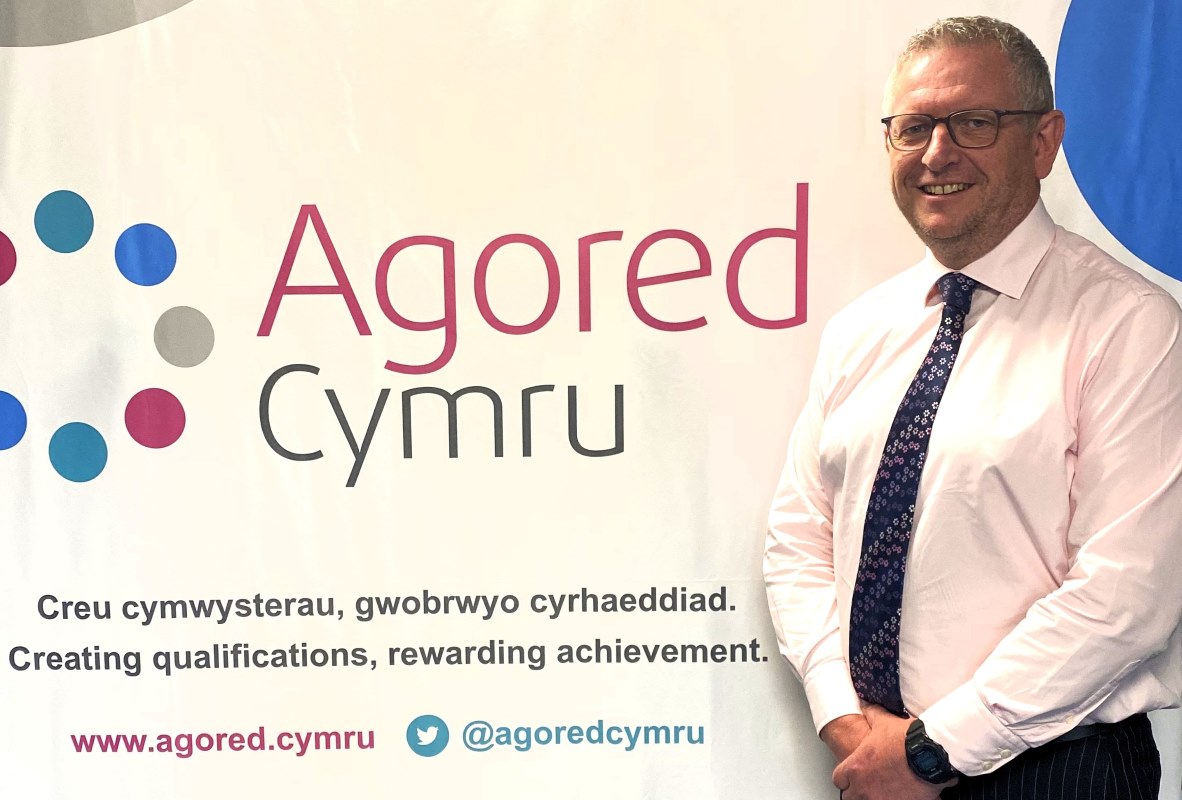Inclusion in education: All means all – Launch of UNESCO’s 2020 GEM Report

On 23 June the GEM Report launched its 2020 Report calling for countries to concentrate on those being left behind and move towards inclusion in education – a particularly poignant message for those now rebuilding their school systems after the arrival of Covid-19.
Over the course of an hour you will hear from inclusion champions, ministers, teachers and celebrities from different corners of the world whose stories and efforts go to the very heart of the theme of the 2020 GEM Report.
This “2020 Global Education Monitoring (GEM) Report“, calls on all education actors to widen their understanding of inclusive education to include all learners, no matter their identity, background or ability; to believe that every person is unique, has potential and should be respected; to put diversity at the core of education systems, rather than seeing it as a problem.
Inclusion in education: All means all
In line with its mandate, the 2020 GEM Report assesses progress towards Sustainable Development Goal 4 (SDG 4) on education and its ten targets, as well as other related education targets in the SDG agenda. The report also addresses inclusion in education, drawing attention to all those excluded from education, because of background or ability. The report is motivated by the explicit reference to inclusion in the 2015 Incheon Declaration, and the call to ensure an inclusive and equitable quality education in the formulation of SDG 4, the global goal for education. It reminds us that, no matter what argument may be built to the contrary, we have a moral imperative to ensure every child has a right to an appropriate education of high quality.
The report also explores the challenges holding us back from achieving this vision and demonstrates concrete policy examples from countries managing to tackle them with success. These include differing understandings of the word inclusion, lack of teacher support, absence of data on those excluded from education, inappropriate infrastructure, persistence of parallel systems and special schools, lack of political will and community support, untargeted finance, uncoordinated governance, multiple but inconsistent laws, and policies that are not being followed through.
To complement its online database on education inequalities, the Worldwide Inequality Database on Education (WIDE), in January, 2020, the GEM Report launched a new online monitoring tool, Scoping Progress in Education, (SCOPE) telling the story behind SDG 4 data using the latest in online publishing and data-visualization technologies.
A complementary new online platform, Profiles Enhancing Education Reviews, (PEER) prepared by the GEM Report has been launched describing countries’ laws and policies on inclusion and education.
Two special regional reports produced in collaboration with regional partners deep dive into inclusion and education in Latin America and the Caribbean (released November 2020) and Central and Eastern Europe, Caucasus and Central Asia (released February 2021).











Responses